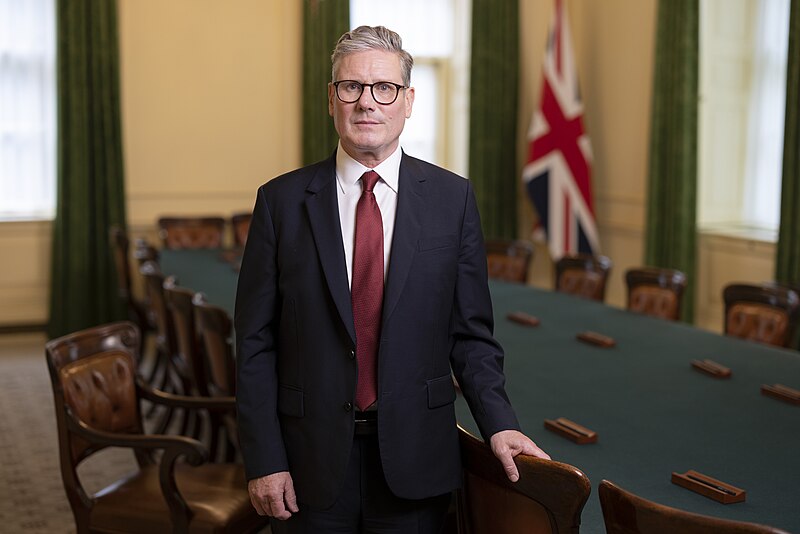
British Prime Minister Keir Starmer has pledged that his government’s upcoming budget will not jeopardize his key goal of driving economic growth, but cautioned that
unfunded spending commitments could harm the economy.
Starmer, elected in July, has repeatedly emphasized the difficult economic situation he inherited from the previous Conservative government. New finance minister Rachel Reeves has already hinted at potential tax increases in her first budget on October 30, citing a £22 billion ($29 billion) shortfall in public finances.
Ahead of the budget, Starmer stressed the importance of balancing economic stability with growth. He stated that all decisions would be guided by their potential to foster growth, saying, “If it promotes economic growth, it’s in the Yes column; if it inhibits growth, it’s in the No column."
Starmer underlined the need to stabilize the economy as a prerequisite for growth, explaining, “We’re going to do the really hard stuff now because I believe stability is essential for economic growth.”
Labour has committed to a fiscal rule requiring that day-to-day spending is covered by revenues, and that national debt must decline as a share of the economy within five years. When asked whether he would adjust fiscal rules to encourage growth, Starmer reiterated the importance of strong fiscal discipline but left the specifics for the budget announcement.
“I’ve always believed in borrowing to invest,” Starmer said, but he warned against the dangers of unfunded spending promises, likening them to unfunded tax cuts that contributed to the crisis which ousted former Conservative Prime Minister Liz Truss in 2022. "Unfunded commitments for spending are just as harmful as unfunded tax cuts, and can have the same damaging effects on the economy," he added. Photo by Prime Minister’s Office, Wikimedia commons.


































